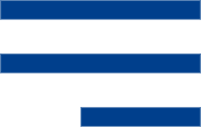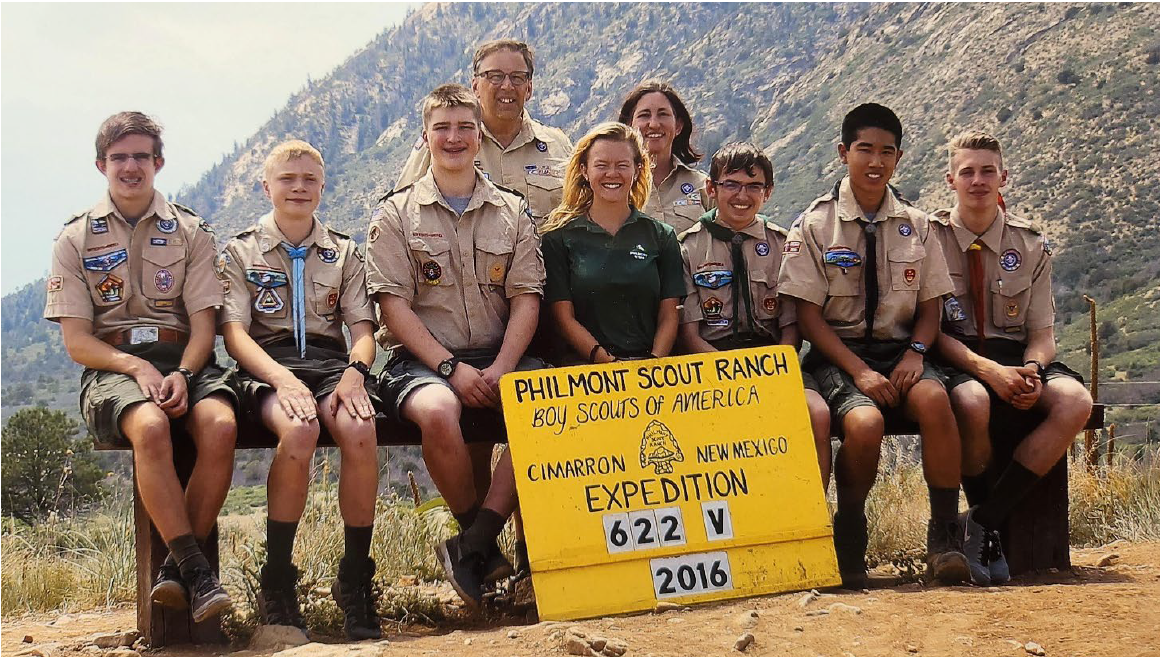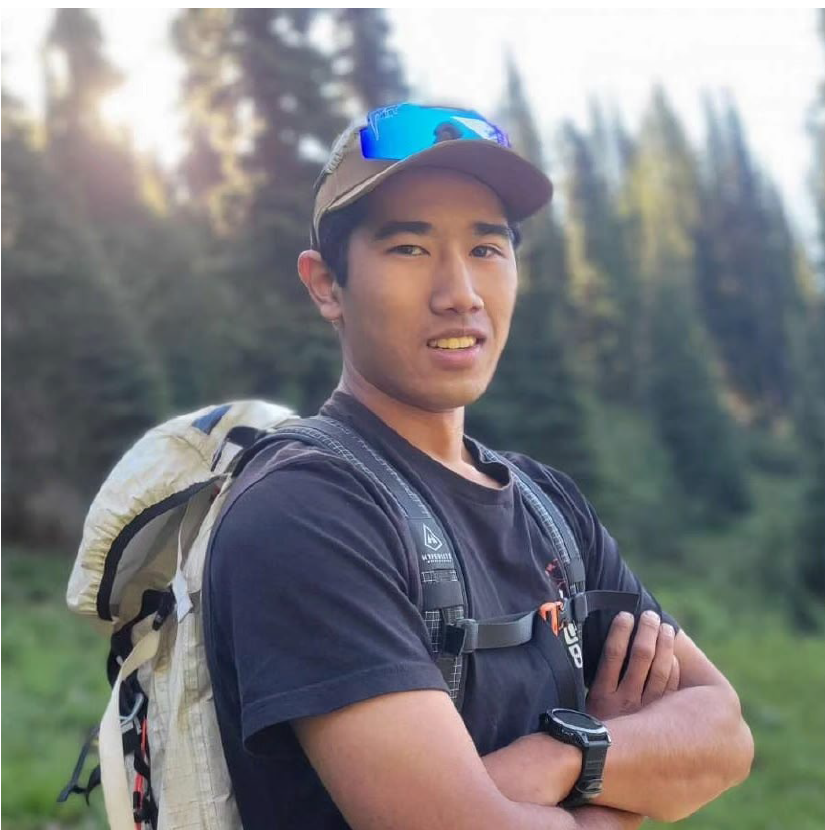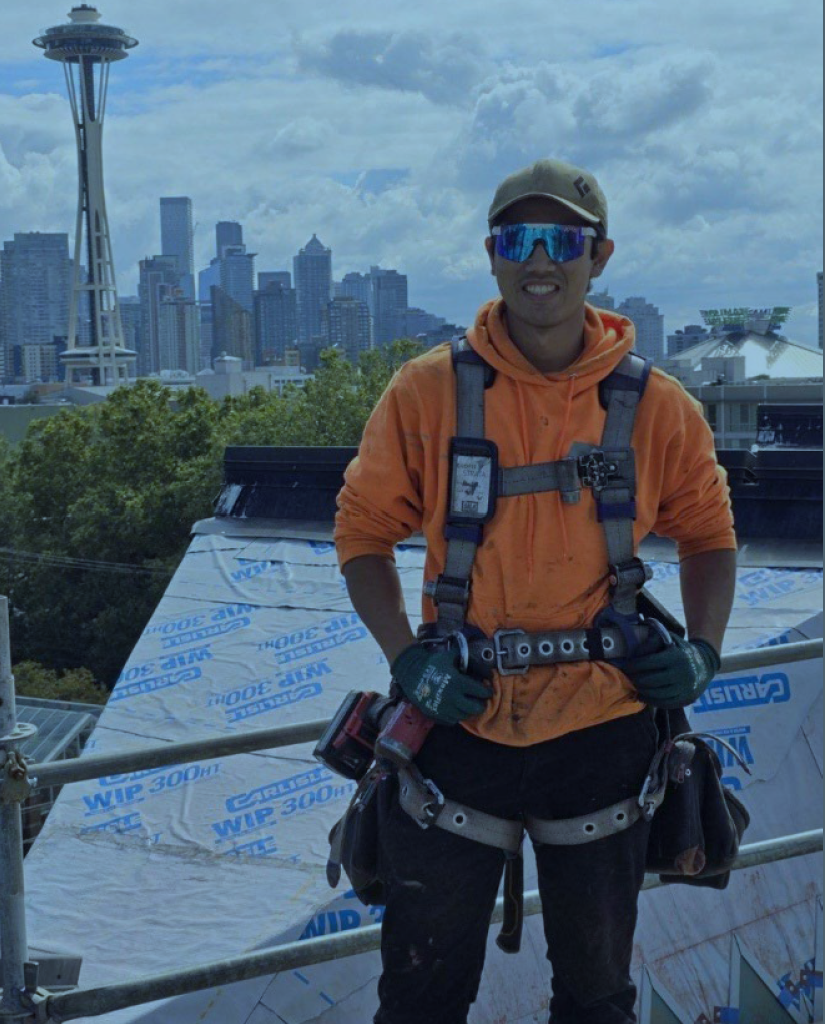(Photo credit Philmont Scout Ranch. Noah Barta is seated 2nd from the right.)
Let me introduce our son Noah Barta, now 24 years old. He began his scouting career as a Tiger Cub in Seattle. Spending his most active and memorable scouting years in Troop 91 of Snohomish, he finished his scouting career as a Life Scout while a sophomore in high school in Mount Vernon.
Noah was diagnosed with chronic kidney disease at age four and after an initial successful corrective surgery to his ureters he remained asymptomatic for about ten years. Unfortunately, during the past year his kidney function has declined rapidly. As his kidneys’ filtering efficiency continues to deteriorate he will soon enter “end stage renal failure”. At that point he will require dialysis (a short-term solution) or a transplant to survive.
Noah has always lived an active, athletic, and largely outdoor life. He works on strenuous construction projects varying from sheet metal work and solar panel installation to his recent entry into an electrician apprenticeship. Every weekend of the ski season he’s on the slopes. The rest of the year you will find him fishing, golfing, backpacking, or sky diving.
Why have you received this letter? As Noah’s dad, I’ve agreed to be what the UW Transplant Center refers to as a “Living Donor Champion” for Noah. In short, I’m putting my son’s story in front of as many people who might have a “connection” with him as possible. This connection might be with parents through his years in the Scouting community, or in the various churches our family has been part of during several geographical moves, or even the high school he attended. Our job is to tell Noah’s story.
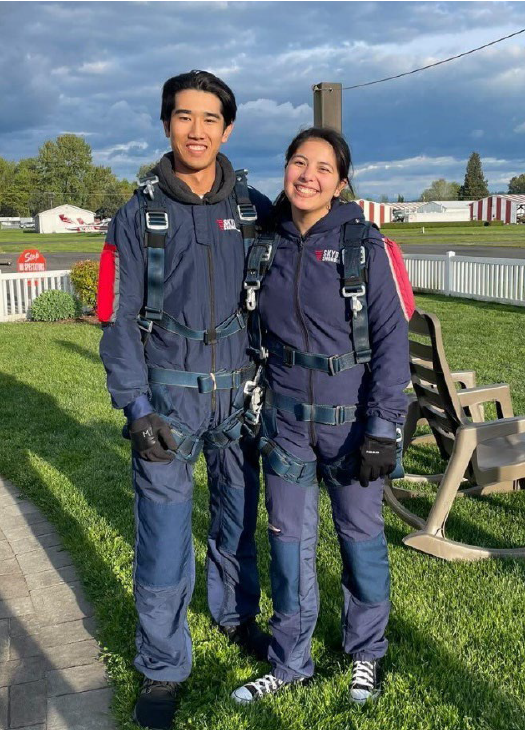 This is a tremendous “ask” that we’re making. Perhaps his story struck a chord with you and you would like to learn more about the process of living kidney donation. Or maybe you would like to begin a simple initial screening process to see if you could consider becoming a donor. The first step is to contact the UW Transplant Center using the address or phone below.
This is a tremendous “ask” that we’re making. Perhaps his story struck a chord with you and you would like to learn more about the process of living kidney donation. Or maybe you would like to begin a simple initial screening process to see if you could consider becoming a donor. The first step is to contact the UW Transplant Center using the address or phone below.
With sincere thanks,
Stan and Cathi Barta
Key Points for Kidney Donors
o Most healthy people can donate.
o Donors can change their mind at any point in the process.
o Testing and screening expenses are covered by Noah’s insurance and UW Medical Center.
o If you are not a perfect match for Noah, “paired exchanges” are common: your kidney could save someone else who had found a donor that was a match for Noah.
o The UW transplant team’s priority is to never put a donor at undue risk.
UWMEDICINE.ORG/DONOR
206.598.3627
Original Document – Noah’s Story

